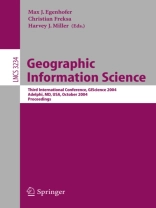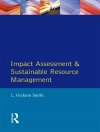This section gives a description of notions used throughout this study. Current achievements in developing action-centered ontologies are also discussed. 2.1 Ontologies In the context of information extraction and retrieval, different kinds of ontologies can be distinguished [15]: * Top-level ontologies describe very general concepts like space and time, not depending on a particular domain, * Domain ontologies and task ontologies describe the vocabulary related to a generic domain or kind of task, detailing the terms used in the top-level ontology, * Application ontologies describe the concepts that depend on the particular domain and task within a specific activity. Several investigations have been conducted to bring actions (tasks) to bear on – tologies. Among them are Chandrasekaran et al. [6] and Mizoguchi et al. [23] in the fields of AI and Knowledge Engineering. For the geospatial domain, Kuhn [21] and Raubal and Kuhn [26] have attempted to support human actions in ontologies for transportation. Acknowledging the importance of human actions in the geographic domain, a research workshop was held in 2002, bringing together experts from diff- ent disciplines to share the knowledge and work on this issue [1]. Camara [5], one of the workshop participants, has proposed that action-driven spatial ontologies are formed via category theory, for the case of emergency action plans.
Max J. Egenhofer & Christian Freksa
Geographic Information Science [PDF ebook]
Third International Conference, GI Science 2004 Adelphi, MD, USA, October 20-23, 2004 Proceedings
Geographic Information Science [PDF ebook]
Third International Conference, GI Science 2004 Adelphi, MD, USA, October 20-23, 2004 Proceedings
购买此电子书可免费获赠一本!
语言 英语 ● 格式 PDF ● ISBN 9783540302315 ● 编辑 Max J. Egenhofer & Christian Freksa ● 出版者 Springer Berlin Heidelberg ● 发布时间 2005 ● 下载 3 时 ● 货币 EUR ● ID 6375814 ● 复制保护 Adobe DRM
需要具备DRM功能的电子书阅读器












